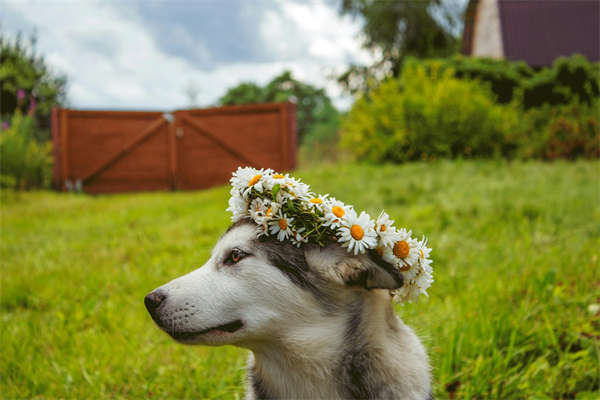Navigating the 5 Essential Stages of Transitioning Your Puppy to Adult Food
Feeding our pets appropriately is a cornerstone of pet ownership, with the transition from puppy food to adult d

Feeding our pets appropriately is a cornerstone of pet ownership, with the transition from puppy food to adult dog food being a significant milestone in a dog's life. Understanding when and how to make this transition is essential for your dog's wellbeing. In this article, we'll walk you through the five crucial stages to aid you in smoothly transitioning your puppy to adult food.
1. Understand the Importance of the Transition
Feeding adult food to puppies prematurely can rapid weight gain and put them at risk of imbalanced nutrition. Conversely, prolonged feeding of puppy food to adult dogs can lead to obesity and other health issues. Therefore, timely transition from puppy to adult food is crucial for your dog's overall health and wellbeing.
2. Identify the Right Time for the Transition

The right time to stop feeding puppy food varies among breeds, largely due to their differing growth rates. Small breeds usually mature faster and can transition to adult food as early as nine months, while larger breeds may require puppy food up to two years of age. Always consult with your vet to make an informed decision based on your dog's breed and health condition.
3. Select an Appropriate Adult Dog Food
It is essential to choose an adult dog food that suits your dog's specific age, breed, size, and health needs. Consulting with your veterinarian or a pet nutrition expert can help you make the best choice regarding specific brands or types of adult dog food.
4. Gradually Introduce the Adult Dog Food
For a successful transition, introducing the adult dog food should be implemented gradually over a period of 7-10 days. Start by replacing a small amount of puppy food with the adult food. Gradually increase the proportion of adult food while decreasing the puppy food until you are feeding adult food exclusively.
5. Monitor Your Dog's Health Throughout the Transition
Throughout this transition process, attentively monitor your dog's health. Signs of indigestion or dislike of the new food may require adjustments. Consult your vet if your dog exhibits any signs of poor health or if they refuse the new food.
By taking these five steps into account, you can ensure that the transition from puppy food to adult dog food is as smooth and beneficial as possible for your pup. Childhood to adulthood is a crucial transition for our precious pooches, and we, as dog owners, play a crucial part in this process.
